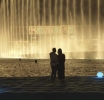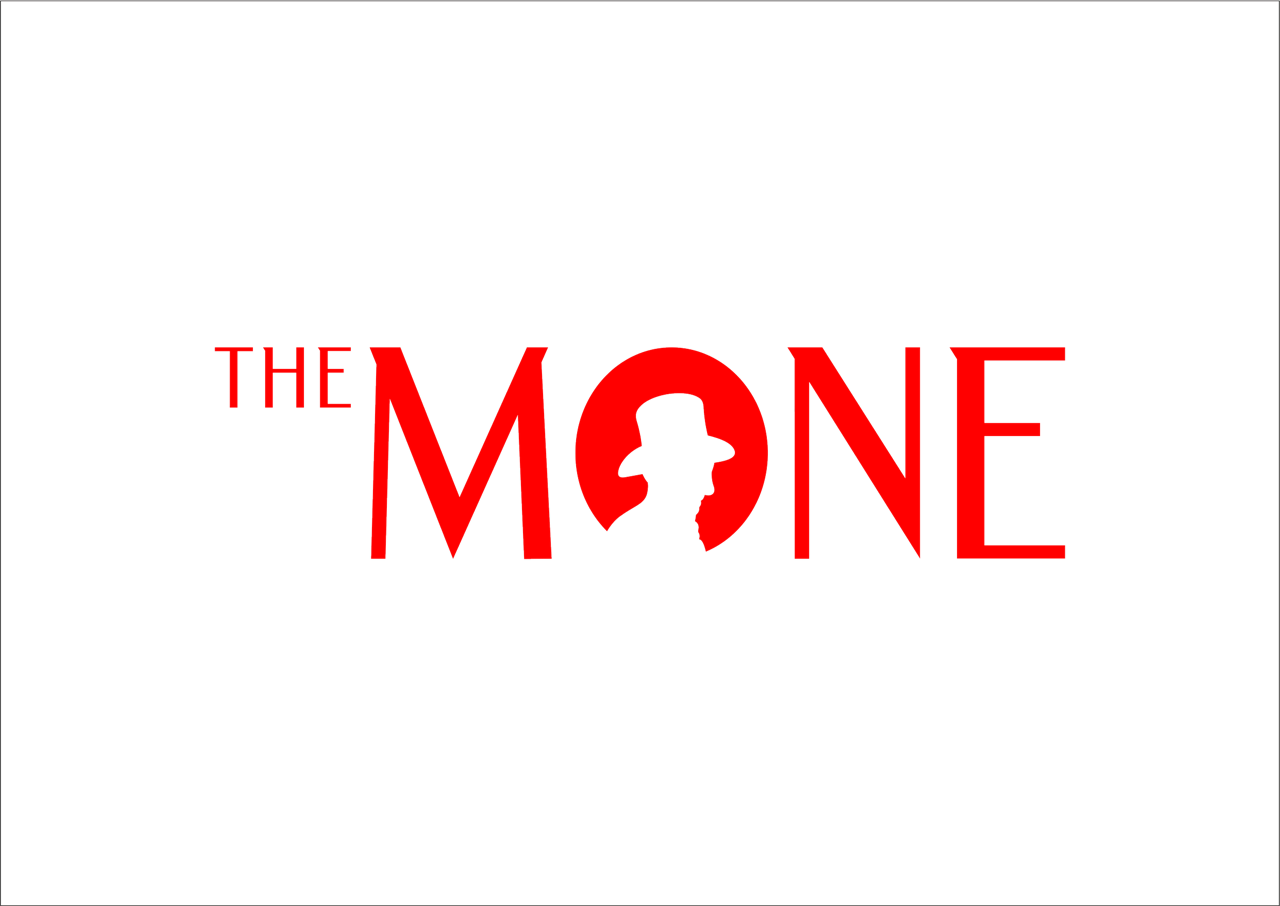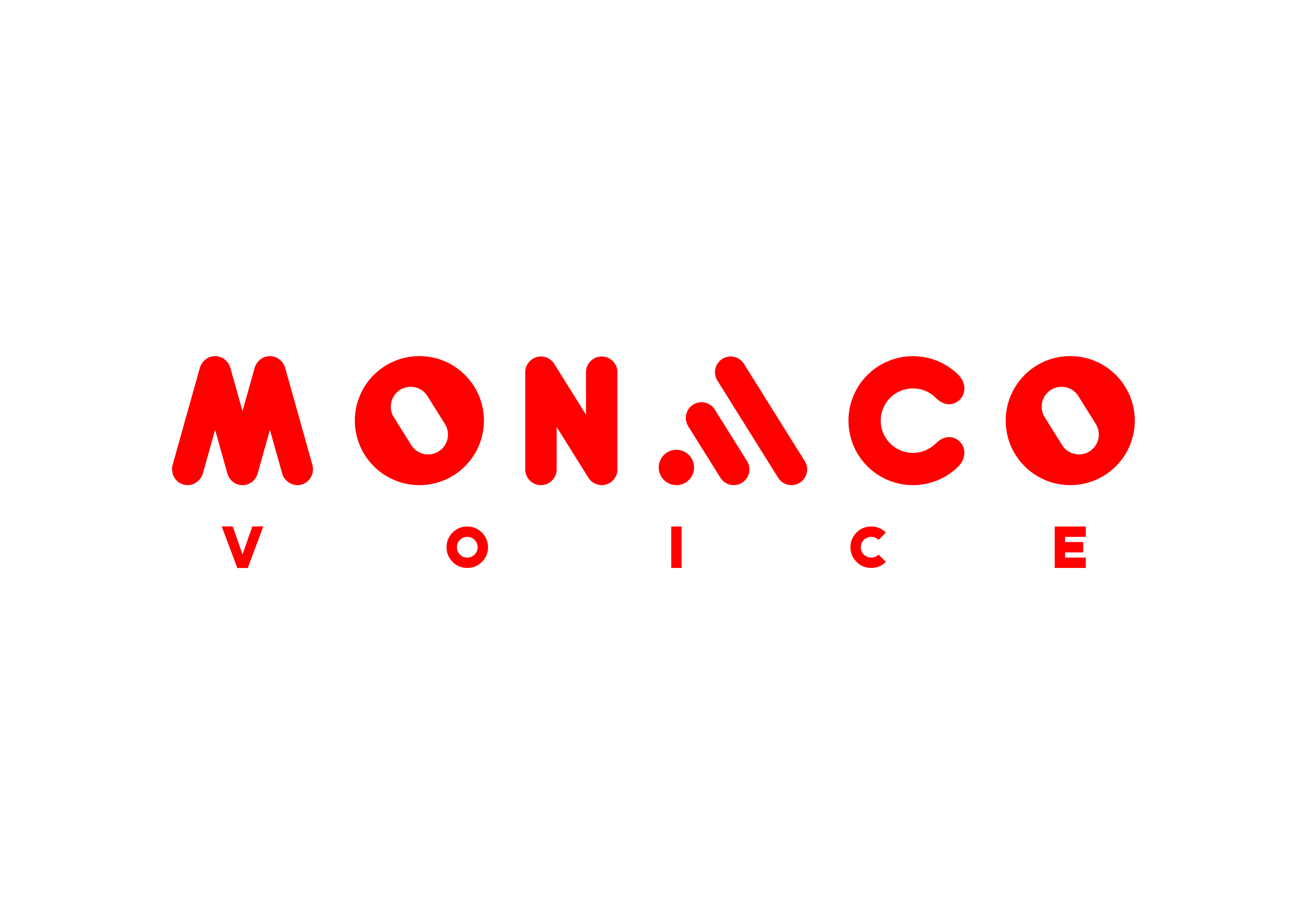Dubai’s Green Economy: From Desert to Sustainability Leader
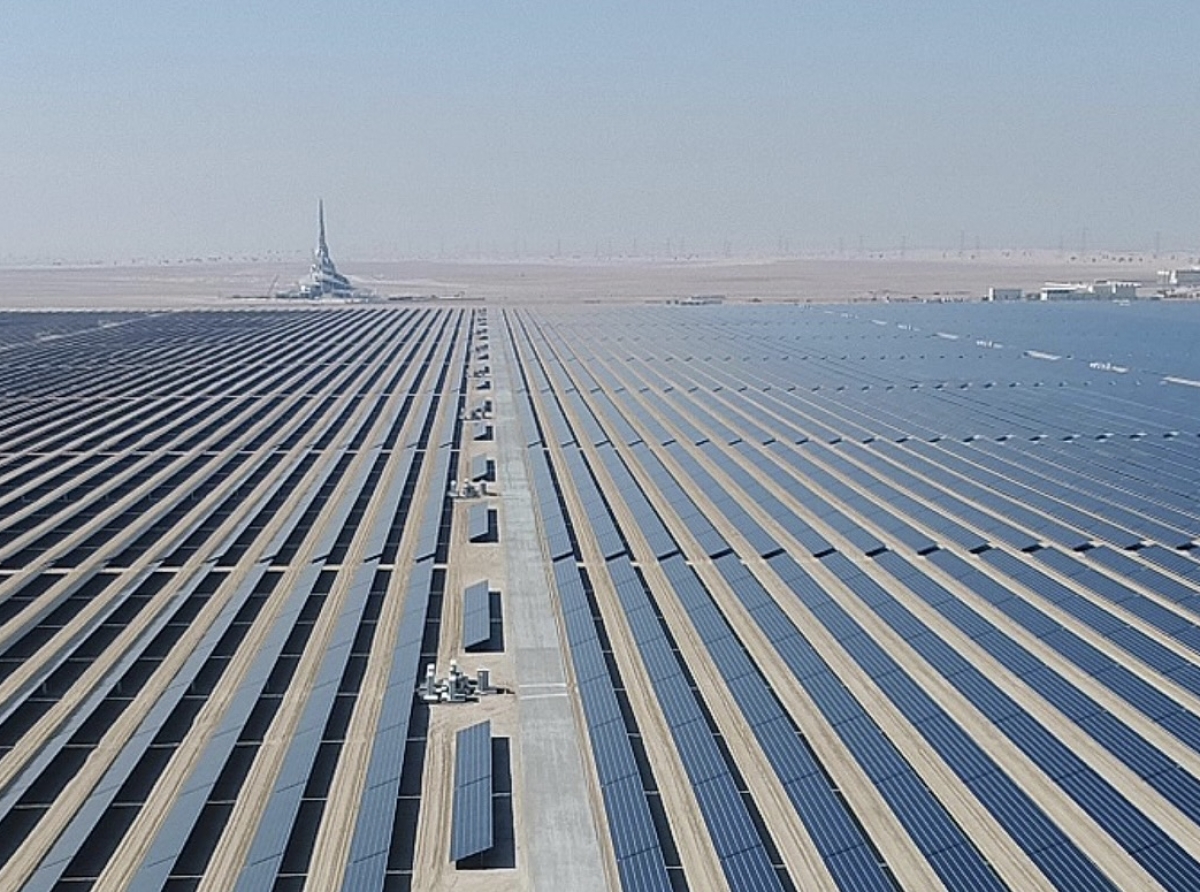
In a region long defined by its arid climate and rapid urban growth, Dubai is emerging as a global exemplar of sustainable development. Central to this transformation is the ambitious Dubai Clean Energy Strategy 2050, which aims to produce 75% of the emirate’s energy from clean sources by mid-century. This bold vision reflects Dubai’s commitment not only to economic diversification but also to environmental stewardship.
At the heart of this green revolution is the Mohammed bin Rashid Al Maktoum Solar Park, currently the largest single-site solar park worldwide. Set to reach a capacity of 5,000 megawatts by 2030, the solar park embodies the city’s transition from fossil fuels toward renewable energy. This massive infrastructure project promises to reduce carbon emissions and serve as a model for clean energy projects across the globe.
Dubai’s sustainability efforts extend beyond energy production. The city’s Sustainable City, the Middle East’s first fully operational eco-city, showcases how urban living can be both luxurious and environmentally responsible. With zero-net energy homes, extensive urban farming, and car-free zones, this community redefines modern city life by integrating green technology with social wellbeing.
Further reinforcing these initiatives are Dubai’s Green Building Regulations, introduced in 2014. These regulations mandate that all new developments comply with stringent energy and water efficiency standards, ensuring that sustainability is embedded in the city’s rapid urban expansion.
Dubai’s green economy trajectory reflects a larger global shift toward sustainability. By turning its desert landscape into a hub of renewable energy and eco-conscious living, Dubai is not only addressing climate challenges but also setting a new standard for sustainable urban growth in the 21st century.
Photo credits: dewa.gov.ae. Mohammed bin Rashid Al Maktoum Solar Park.


